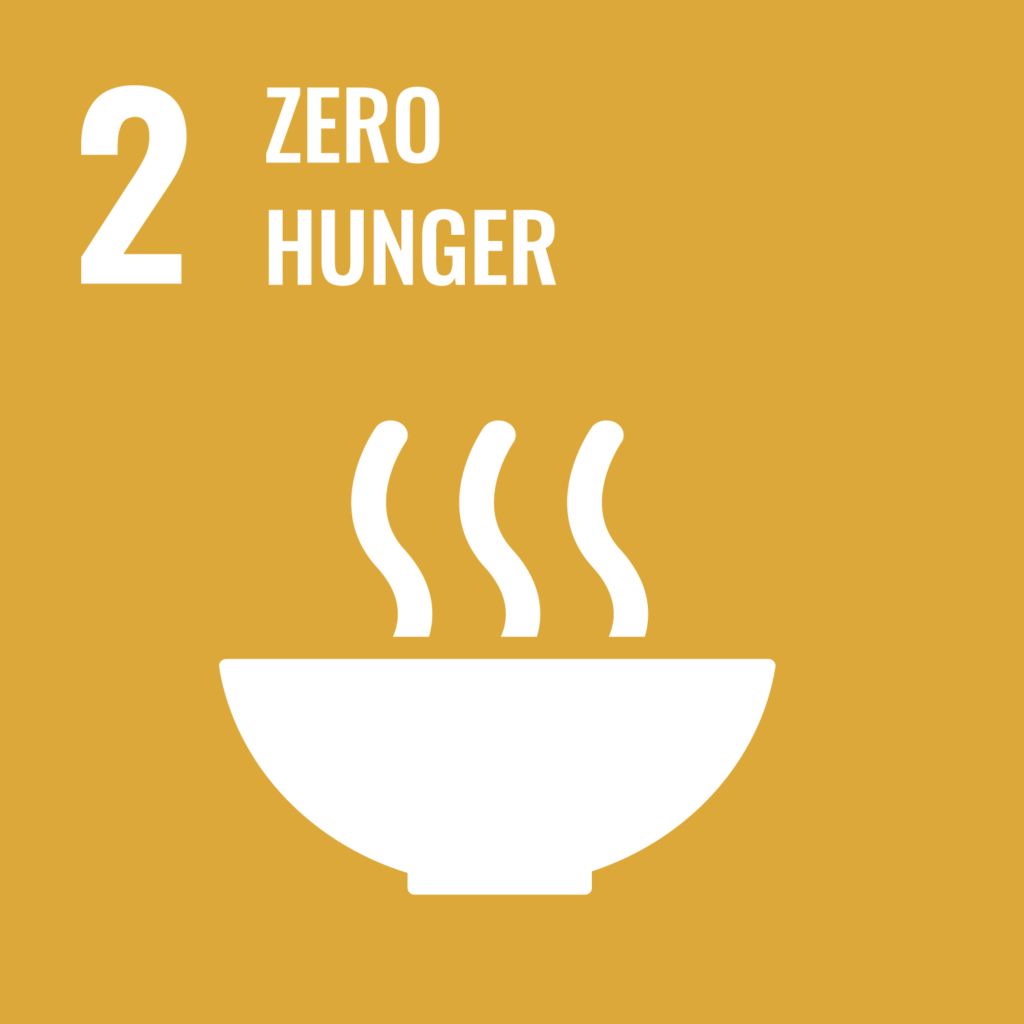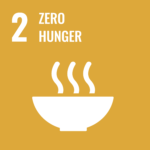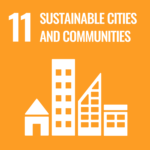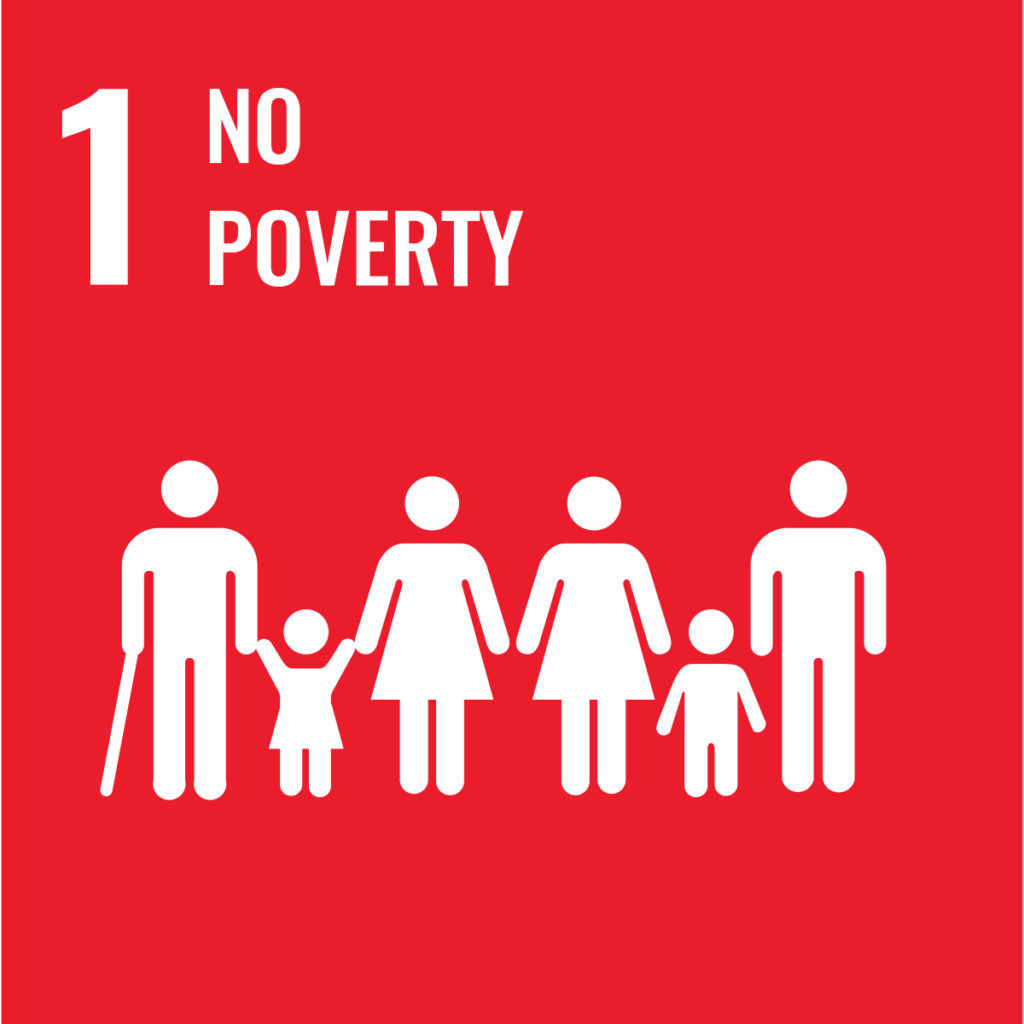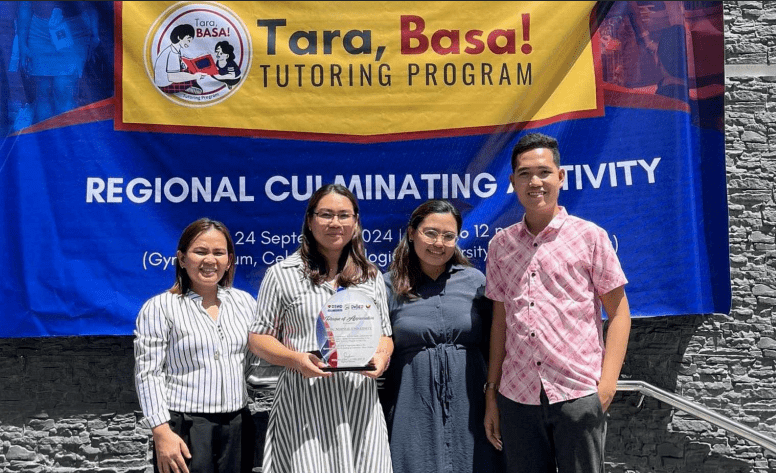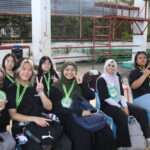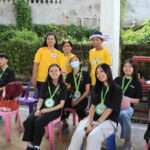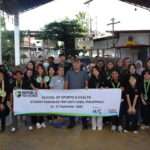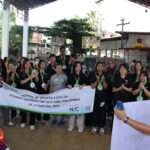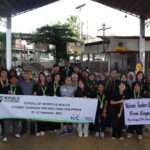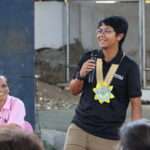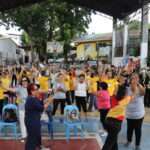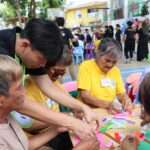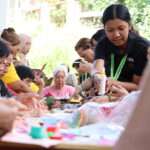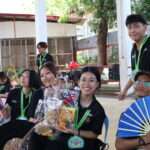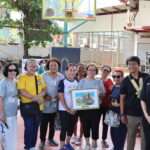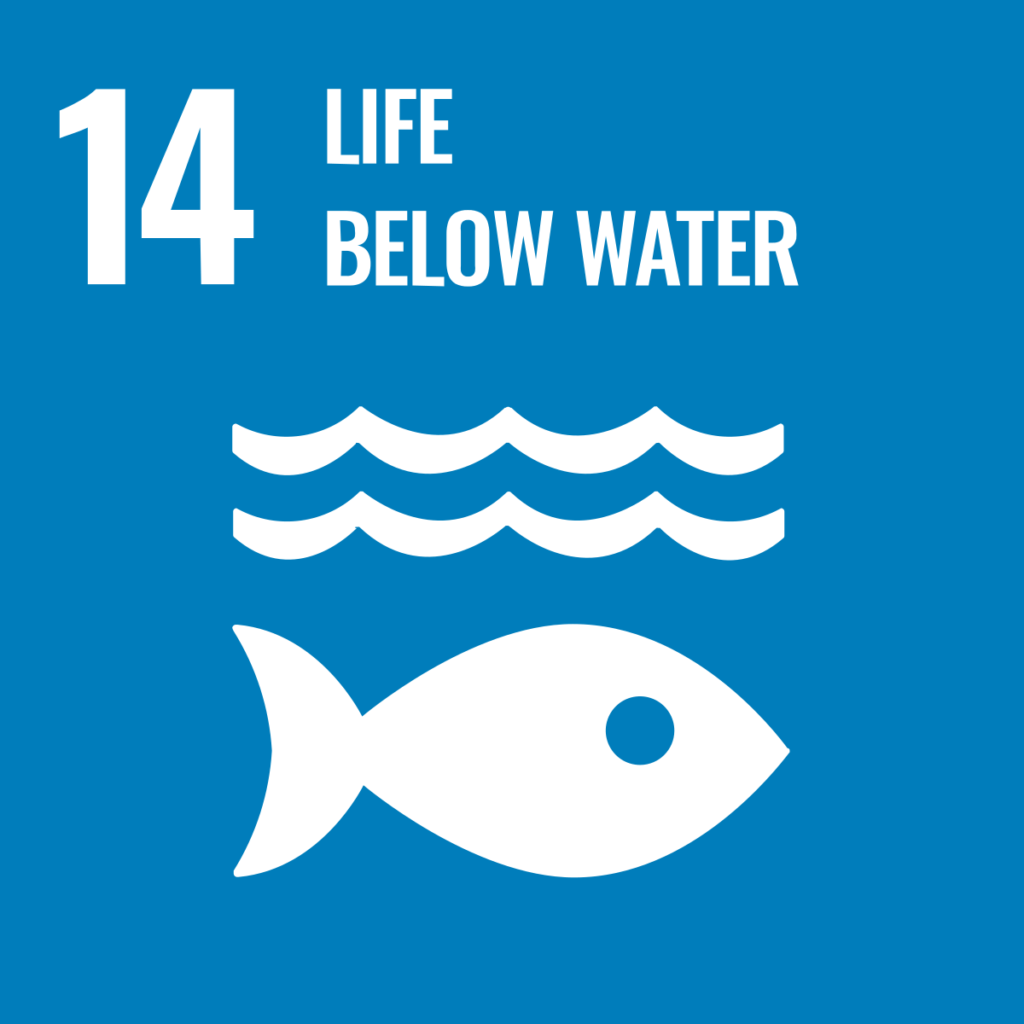CNU continues to make significant progress in partnership with the National Economic and Development Authority (NEDA), the Department of Science and Technology (DOST), and Barangay San Antonio in Boljoon, implementing the “From Farm to Market: Co-creating the Cinnamon Industry in Cebu, Philippines “ project under the NEDA National Innovation Grant 2024. In addition to strengthening community-based enterprise development and environmental stewardship through science- driven capacity building, this initiative aims to uplift cinnamon growers by enhancing sustainable cultivation, creative product development, and local market integration for Cinnamomum mindanaense, or “ mana.”
The project’ s main results include farmer ’ s training on sustainable and innovative harvesting practices, skills enhancement on cinnamon-based development, stakeholders meeting for policy consultation, training workshop for the development of cinnamon-based educational materials and cultural presentations, and the current building of a cinnamon processing facility in Alegria, Cebu. Through this partnership, CNU advance sustainable resource management and knowledge exchange. This collaboration ensures the growth of the cinnamon industry to remain inclusive, community driven, and environmentally responsible.
From Farm to Market: Co-creating the Cinnamon Industry in Cebu
FOSTERING INTERNATIONAL DIALOGUE AND SUSTAINABILITY-ORIENTED HIGHER EDUCATION LEADERSHIP
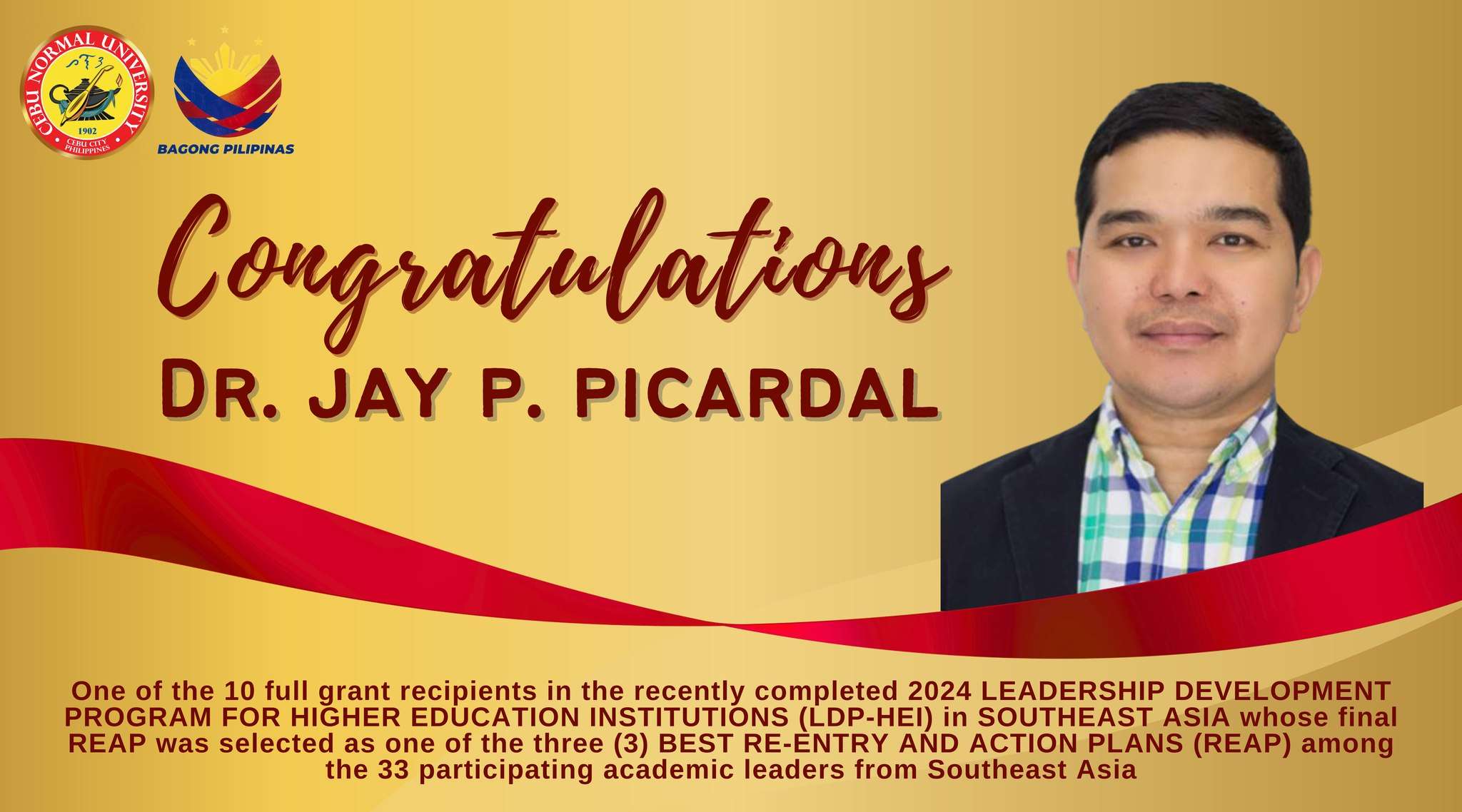
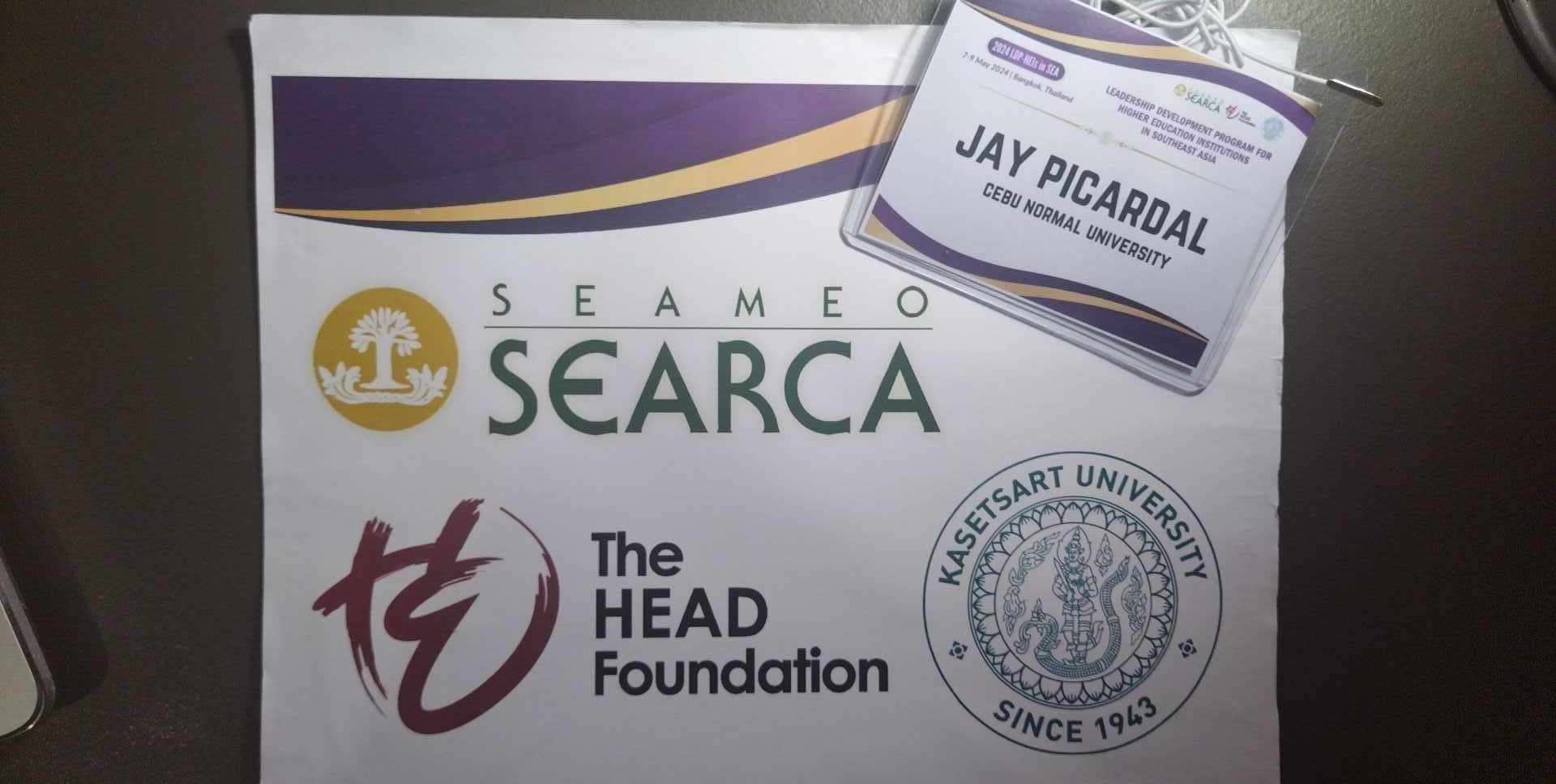
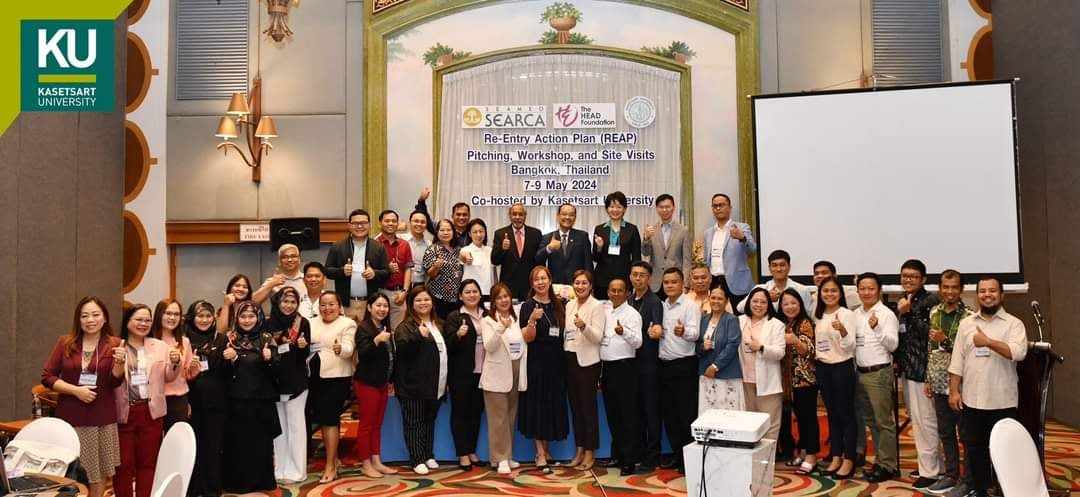
The 2024 Leadership Development Program for Higher Education Institutions (LDP-HEIs) in Southeast Asia served as an important platform for international and cross-sectoral dialogue on sustainability, innovation, and future-ready university leadership. With its theme, “Designing and Leading Your University to the Desired Future, ” the hybrid regional program brought together higher education leaders across Southeast Asia to examine the evolving role of universities in addressing global challenges anchored on the SDGs.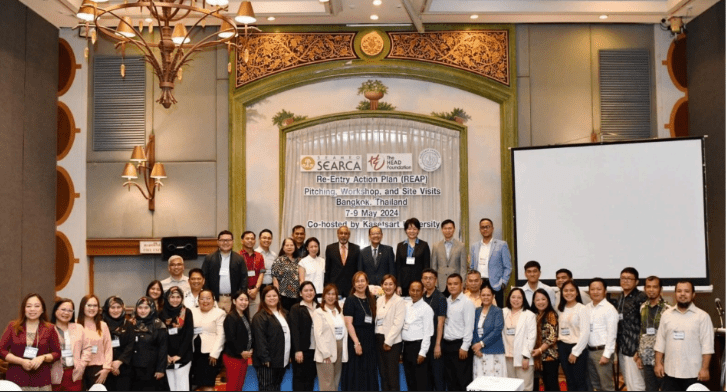
This was an opportunity to recognize and learn the function of HEIs and their reliance on essential stakeholders, delve into potential partnerships with various universities, and evolve into strategic thinking leaders. Dr. Jay Picardal, Director of the Research Institute of Tropical Biology & Pharmacological Biotechnology (RITBPB), championed his project “From Farm to Market: Co-creating the Cinnamon Industry in Cebu, Philippines” which focuses on sustainable and innovative harvesting practices for farmers and developing cinnamon-based educational materials and cultural presentations.
OUTREACH AND PARTNERSHIP
Through shared action and meaningful partnerships, CNU empowers communities and drives progress toward the world we all envision
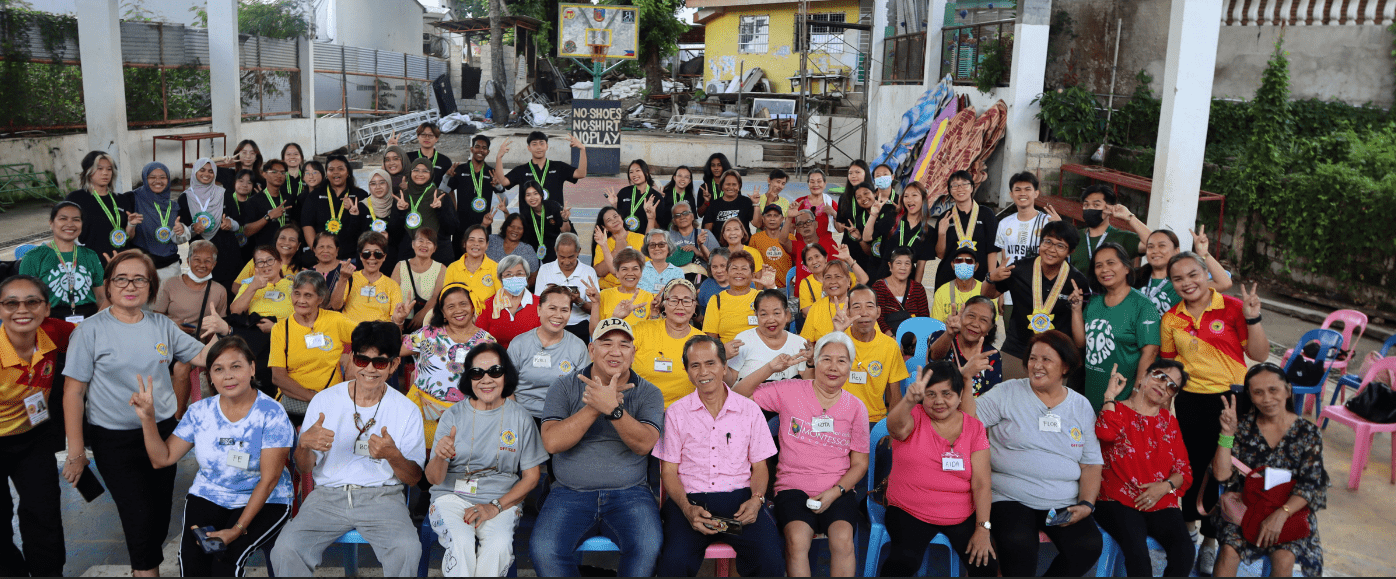
Active Aging: Enhancing Wellness Through Physical and Recreational Activities For Older Persons
In dynamic display of international cooperation CNU, in partnership with Republic Polytechnic (RP) of Singapore, conducted Active Aging, an initiative showcasing international collaboration in promoting health, education, and inclusion. The program aimed to enhance community wellness and intergenerational engagement through creative and recreational activities for older adults, reflecting CNU’ s commitment to best practices of “internationalization-at-home ” providing meaningful learning and collaboration without the need for overseas mobility.



